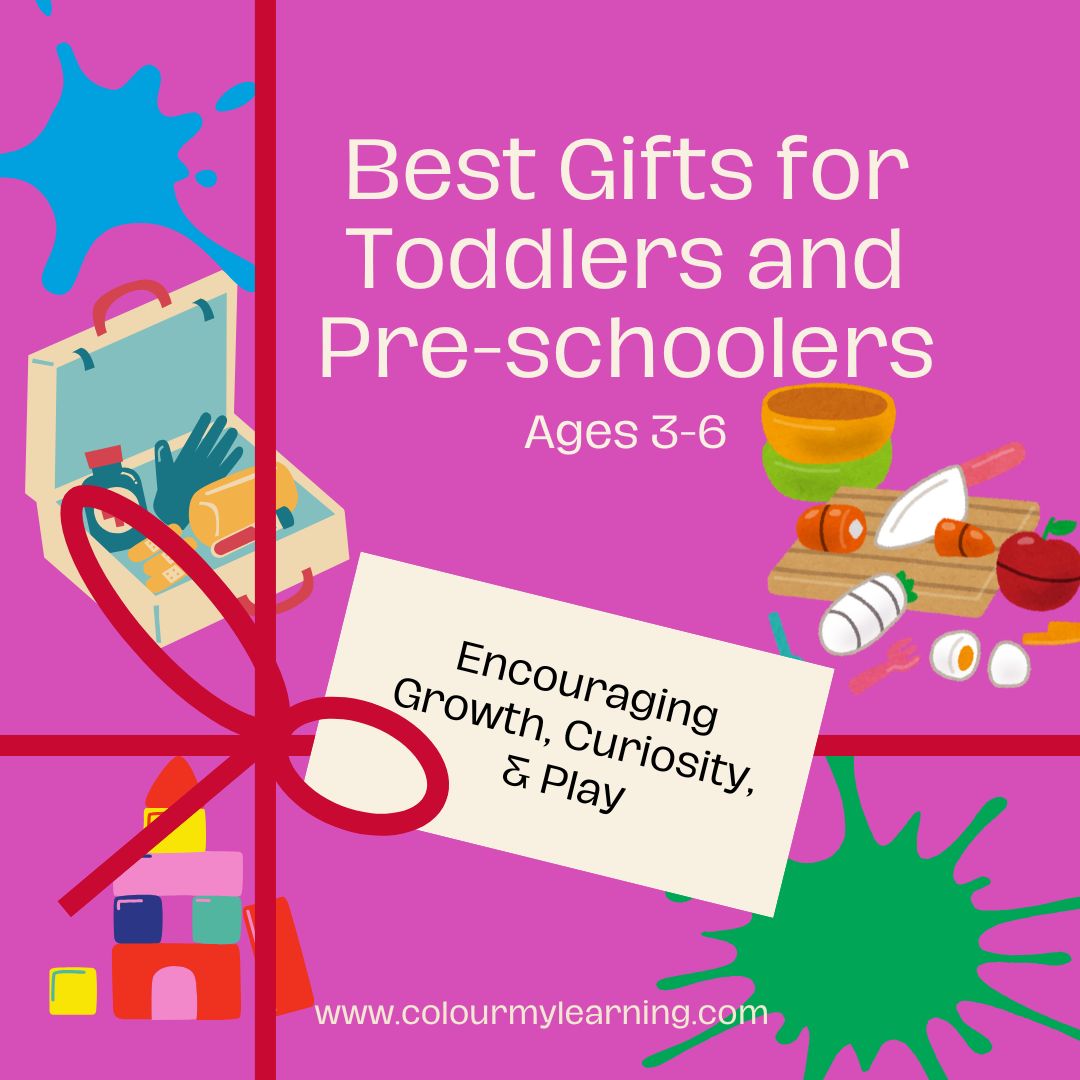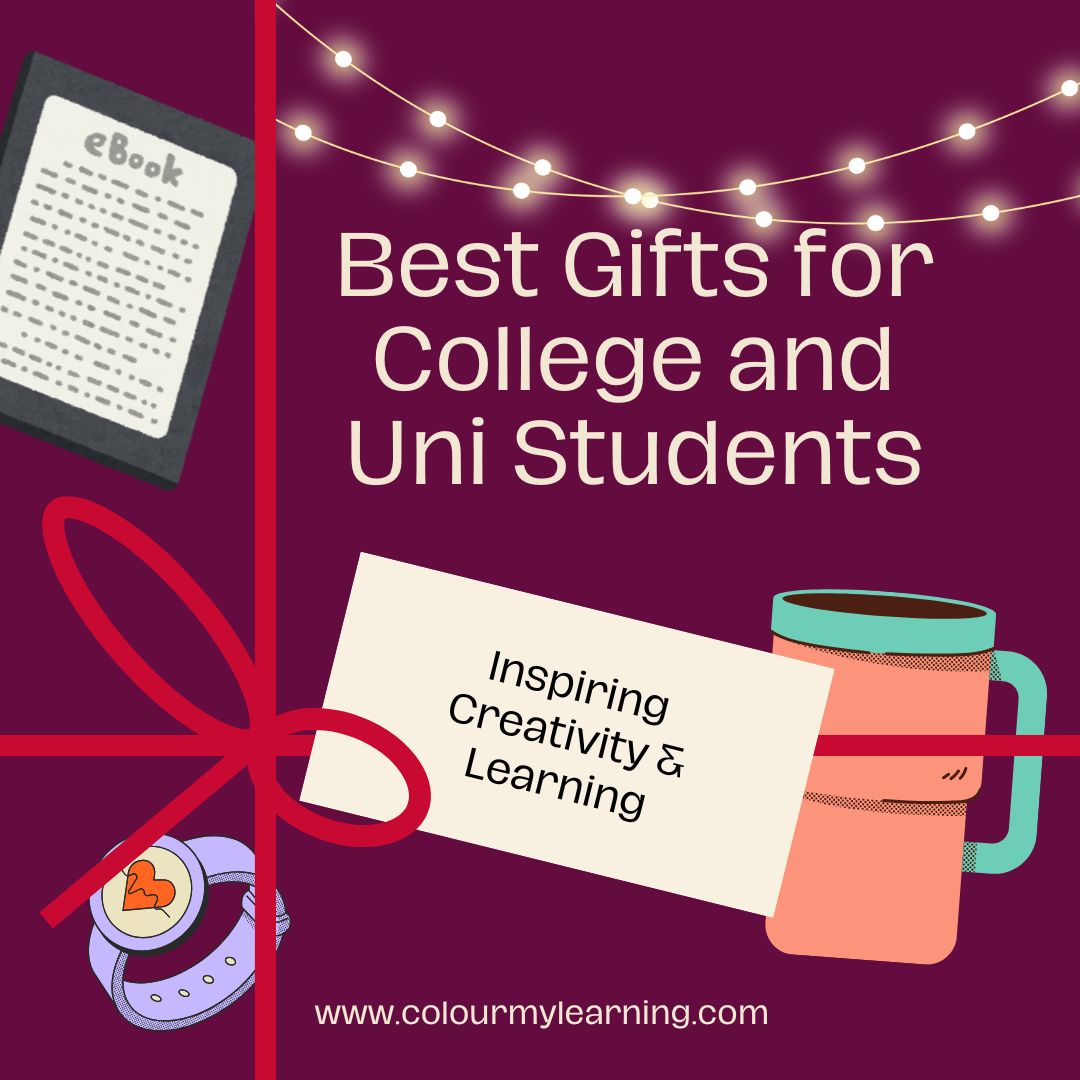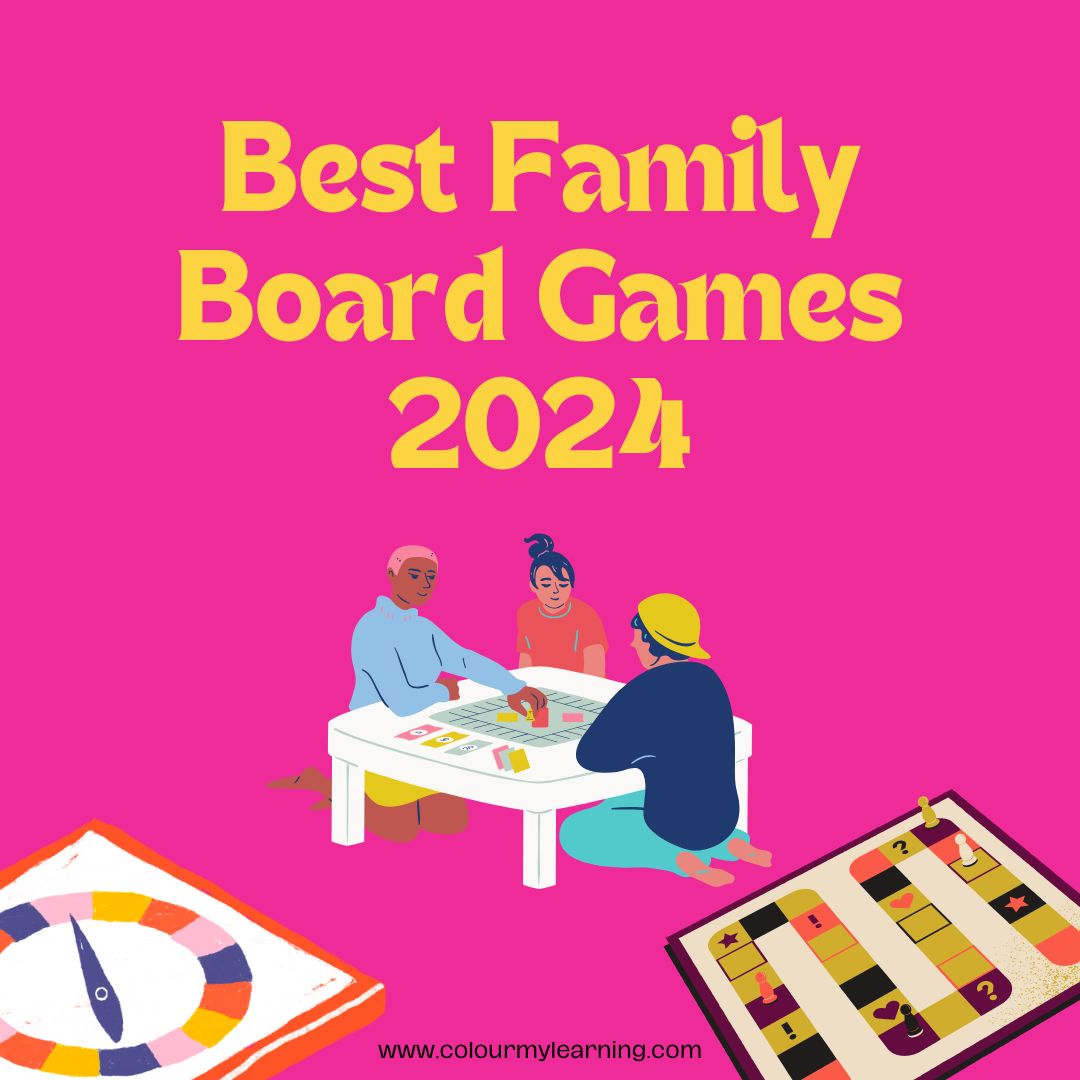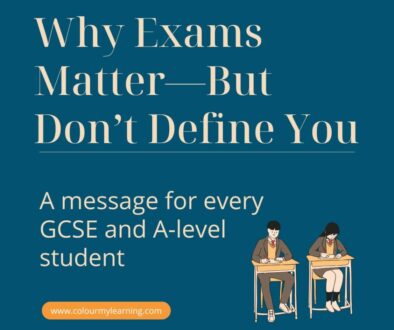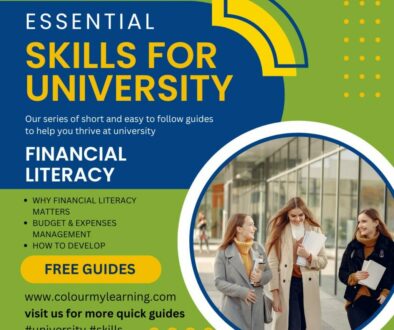Effective Study Skills: the keys to success at university
As a university student, developing effective study skills is crucial for academic success. From note-taking and active reading to summarizing and test preparation, these skills not only enhance learning but also boost information retention, paving the way for a fulfilling educational experience.
Essential Skills for University: Mastering Study Skills in 5 Steps for Academic Success
This article look at the essential study habits and lays out strategies for efficient learning. It is broken down into the following subtopics.
- Effective Note-Taking
- Active Reading
- Summarising from Memory
- Review Materials
- Test Preparation Strategies
1. Effective Note-Taking
Note-taking is more than just jotting down what you hear in lectures. Effective note-taking involves actively engaging with the material, discerning key concepts, and organizing information in a way that makes sense to you. Here are a few strategies:
A. The Cornell Method
This involves dividing your page into three sections: cues, notes, and summary. This method helps in filtering out the most vital information and reviewing it later.
B. Mind Mapping
For visual learners, creating diagrams that connect ideas can be particularly helpful for retaining and understanding concepts.
C. Digital Tools
Apps like Evernote or Microsoft OneNote can help organise notes efficiently and make them easily accessible across various devices. There are plenty of good alternatives too including Google Keep, Simplenote and Notes on iCloud, iOS and MacOS. Some of these work on a tablets with stylus, perfect for scribbling and sketches.
You can also record part of your lecture with permission to listen to them again later using voice memo or similar app. Use features like image capture, tagging, hyperlinking and integrating multimedia such as audio and video to turn your static notes into dynamic study guides. Other tools like Roam Research and Notion, let you interconnect notes.
D. Outlining
This method is perfect for linear thinkers. Organise your notes in a structured form. Use bullet points to break down complex information into manageable sections. Akin to mind mapping above, start with the main topics then add sub-points and details underneath.
E. Charting
Setup a table or chart and categorise information into columns as you go. This is useful for lessons or topics that cover content such as dates, formulas, theories or processes. It will enable you to visually see the information in context, review and even memorise them later.
F. Boxing
Grouping related information together in boxes on a page allows you to visually isolate the different themes or topics discussed during a lecture. Grouping them by theme makes it easier to connect related concepts.
G. Audio Visual Aids
Effective note taking does not have to be limited to just scribbles and printed notes on paper. Incorporate visual and audio elements into your notes to make it more ‘memorable’. If you are an aural learner, record yourself or the lecture delivering those key points to revisit later. If you are a visual learner, illustrate the idea with diagrams and sketches turning complex information into something easy to remember.
Find out which note-taking strategies work for you and apply them to your studies. You can even combine them for maximum effect. Some note taking methods are better suited for certain topics so be flexible, pick the right one that works for you.

2. Active Reading
Active reading transforms passive absorption into an engaging dialogue with the text. Techniques include:
A. Highlighting and Annotating
Mark important lines and make notes on the margins to engage more deeply with the material.
B. Asking Questions
Challenge yourself to think about what you read by asking questions like “What is the author trying to say?” or “How does this information relate to what I already know?”
C. Double Entry
Create two columns in a notebook and fill in the left column with key phrases or quotes from the text. Add your responses, questions or analysis of the text on the right to encourage deeper thinking.
D. Critical Reading
Approach the texts with a critical mindset by evaluating the arguments presented. Consider the author’s intentions, and analyse the evidence used.
E. Survey, Question, Read, Recite and Review (SQ3R)
This next technique takes a broad approach by reviewing the headings and subheadings then go to the questions section and read those there. If there are no questions for the topic, formulate your own based on the headings. Now start reading actively by looking for the answers to those questions. After reading, recite key concepts from memory to reinforce learning. Last but not least, review the material to ensure retention.
The last approach is somewhat similar to the Preview, Questions, Read, Summarise and Test method. Save for after reading, summarise the text in your own word then text yourself on the material to reinforce your understanding. Coincidentally, the words spell the letters PQRST. Now, that is a trick to ensure that you never forget the method.
Both Summarise and Review are listed again below because what is the use or reading without understanding and retaining.
3. Summarising from Memory
This next step, summarising from memory helps in reinforcing what you’ve learned and makes reviewing easier before exams. After finishing a chapter or a set of notes, try to write a summary from memory, focusing on key points and important details. This practice enhances understanding and retention.
4. Reviewing Material
Regular review is key to transferring knowledge from short-term to long-term memory. A few methods include:
A. Spaced Repetition
Revisit topics over increasing intervals of time (a day later, a week later, a month later) to help cement them in your memory.
B. Teaching Others
Explaining concepts to a peer or even to yourself aloud can uncover any gaps in your understanding and consolidate knowledge.
C. Use of Analogies and Metaphors
When you explain complex concepts using analogies and metaphors it helps deepen understanding and retention. By relating new information to known ideas, you create meaningful connections in your brain.
Maximize your university experience with study skills that actually work. Dive into our article and find out the secrets to academic excellence

5. Test Preparation Strategies
Preparing for exams efficiently requires a blend of all the above skills, tailored to the demands of the test. While many universities now combine assignments, course works, thesis and exams to tabulate your final grade for the course, let’s not leave anything to chance. Be prepared for your exam using these strategies:
A. Practice Exams
Look for past year papers, simulate test conditions and assess your readiness. This helps in managing time effectively and identifying weak areas.
B. Analyse Past Year Papers
Understanding the type of questions and the usual topics asked in the exam will give you an idea of what to expect. You can even go as far as to forecast what will come up for your paper and prepare for these.
C. Flashcards
Use flashcards for quick recall of definitions, formulas, or dates. Tools like Anki can assist with systematic review based on your performance.
D. Group Study
Collaborating with classmates can provide new insights and reinforce your learning through discussion and explanation.
For further resources on how to learn effectively, take a look at our practical tips and resources page.
Fundamentals for Efficient Learning
To optimise your study sessions, keep these foundational tips in mind:
A. Set Specific Goals
Break your study sessions into specific, manageable goals rather than generic tasks like “study chemistry.”
B. Create a Distraction-Free Environment
Find a quiet place where you can concentrate fully on your studies. Limit distractions by keeping your phone out of reach if necessary.
C. Regular Breaks
Use techniques like the Pomodoro Technique, which involves 25 minutes of focused work followed by a 5-minute break. This can help maintain concentration over longer study periods.
How to Learn Effectively: Practical Tips and Resources
Keep coming back to these study techniques and habits. Drill them into your routine to enhance your learning efficiency and academic performance in university. Remember, the key to effective studying isn’t just about spending hours hitting the books—it’s about studying smarter.
